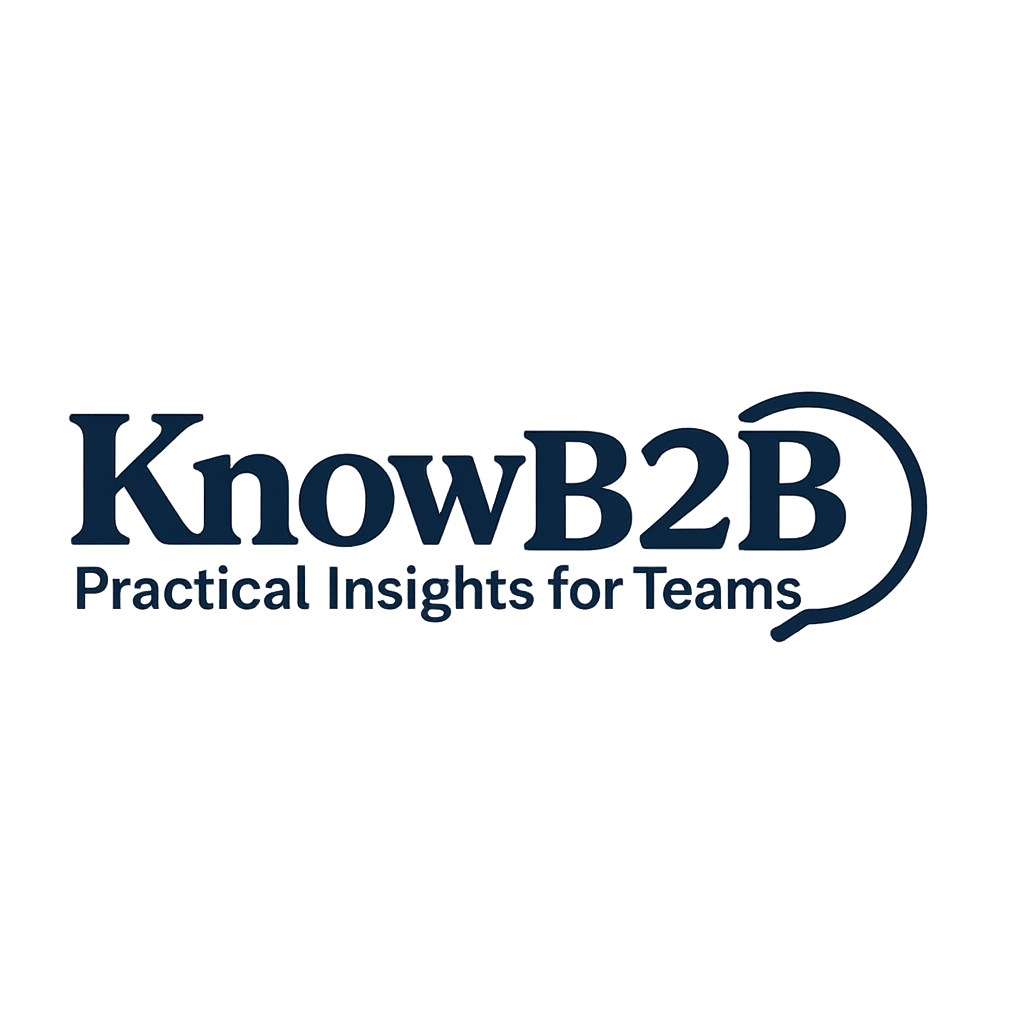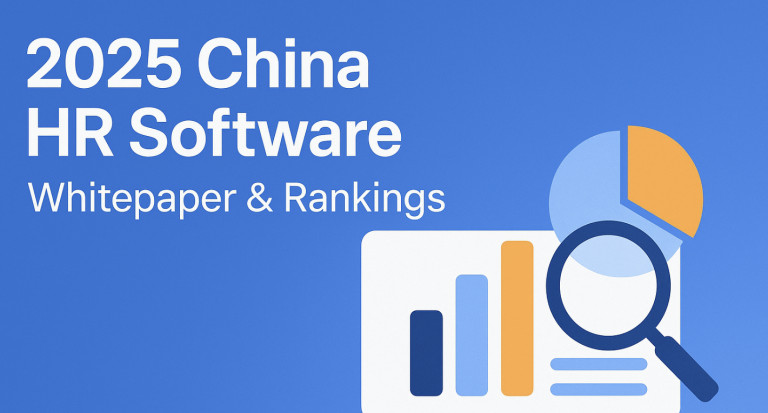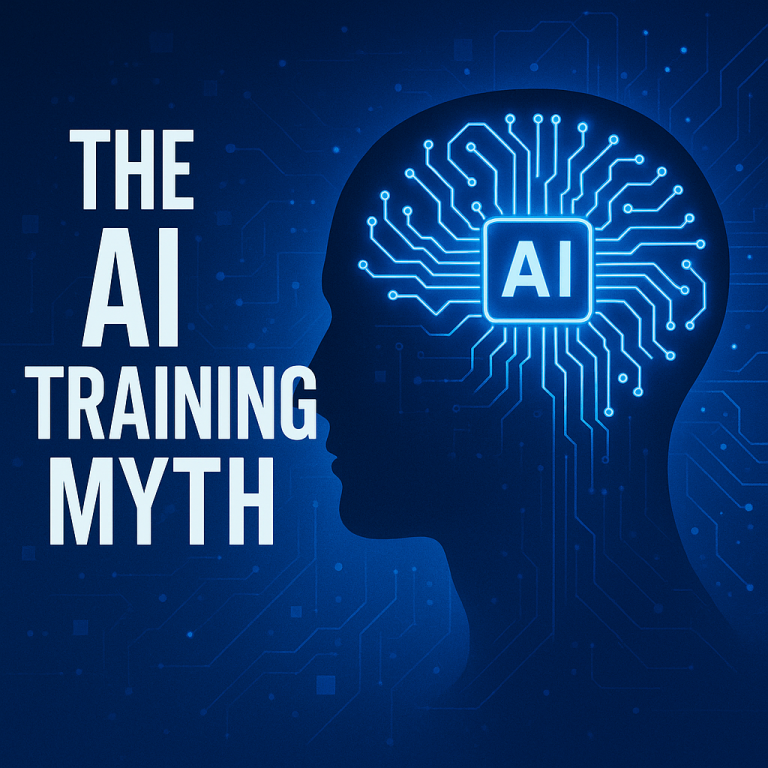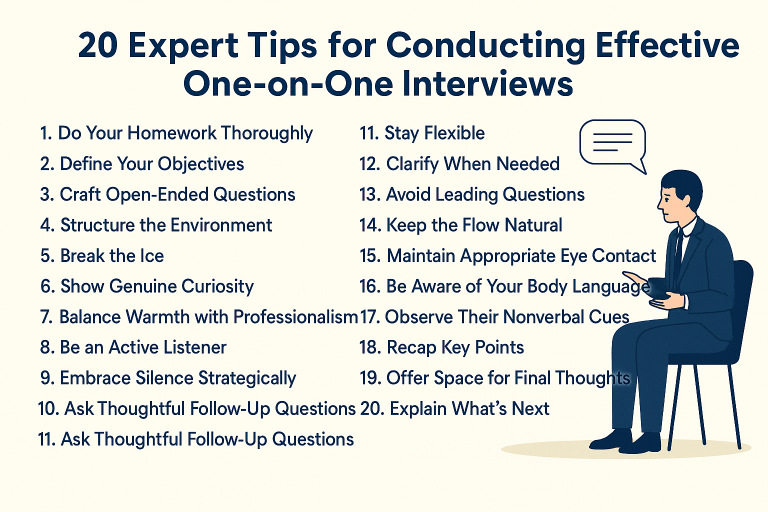Even CRM giants have their own challenges.
Salesforce introduced Einstein AI as early as 2016, aiming to integrate AI into its sales software. However, in recent years, the company has faced growing pressure from AI-native challengers such as Sierra and Attio, resulting in gradual market share erosion.
In China, Salesforce’s expansion has been slow with a relatively small market presence. Since December 2023, the company began phasing out international edition services for Chinese enterprises and migrated operations to Alibaba Cloud.
As AI continues to transform sales, marketing, and customer service, Salesforce recognized the urgent need for reinvention to preserve its competitive edge.
Its AI strategy now aims to retain leadership in the CRM market by transitioning from traditional SaaS to a bold new model: Service as Software, powered by two key pillars — Agentforce and Data Cloud.
I. A Clear Evolution Path
Salesforce’s AI evolution followed a clear trajectory: from basic CRM add-ons to autonomous AI-driven business engines.
- 2016: Einstein AI was launched, consolidating all AI components under one framework. The company also acquired PredictionIO (machine learning for business forecasting) and MetaMind (a deep learning platform specializing in NLP and computer vision), laying a solid foundation.
- 2017: Einstein was upgraded to auto-generate data models — a step toward “AI-generated AI.” Salesforce launched a $50M fund to invest in AI startups building on its platform.
- 2019: Einstein Voice was introduced for AI-powered voice interaction. Salesforce also released industry-specific clouds (e.g., healthcare, finance) and tailored AI models to meet vertical demands.
- 2020: Alongside the $27.7B Slack acquisition, Salesforce unveiled Einstein Automate, an AI-powered workflow suite. Acquisitions of Tableau (data visualization) and Servicetrace (process automation) reinforced the AI loop across workflows.
By this phase, the strategy shifted from general-purpose AI to vertical AI, leveraging domain data to create tailored, high-impact applications.
- 2023: The generative AI boom began. Salesforce launched Einstein GPT, combining OpenAI’s enterprise-grade ChatGPT with Salesforce’s proprietary models and real-time Data Cloud. The result: unified access to customer data across the ecosystem, dramatically enhancing CRM intelligence.
- 2024: The launch of Agentforce marked a turning point. CEO Marc Benioff mandated that all deals must include AI. Within a week, the product won 200 contracts.
- To fuel AI growth, Salesforce rolled out AI Cloud, equipped with multimodal capabilities and Prompt Studio. In 2025, the company acquired Informatica to strengthen data governance and ensure AI precision from the ground up.
Together, these efforts culminated in a four-layered business model: Platform + Applications + Data + AI Agents — with AI at the core, driving both traditional CRM value and new revenue streams.
II. A Unique Business Model
Salesforce employs a hybrid of subscription + value-added services, but unlike traditional SaaS, its AI offerings are priced and sold based on value creation, not just feature access.
This is especially evident in Agentforce and Data Cloud.
Although Einstein AI and Agentforce share overlapping features, their positioning differs. Salesforce is phasing out the Einstein brand in favor of Agentforce, with remaining Einstein features expected to merge into the broader ecosystem.
Agentforce offers three flexible pricing models:
- Flex Credits: $500 per 100,000 credits — usage-based pricing across actions and teams.
- Per Conversation: $2 per session — ideal for customer-facing AI interactions.
- Add-ons by User License:
- Basic AI for Sales/Service: from $125/user/month
- Industry editions: from $150/user/month
- 1 Editions (premium): $550/user/month with unlimited use.
Clients can monitor usage via a Digital Wallet.
Data Cloud pricing is based on volume and complexity. The base rate is $1,000 per 100,000 credits, but this reflects credit units, not direct USD cost. For example, importing 5M records consumes 10,000 credits (~$100), making it cost-effective even at scale.
Salesforce boosts customer value through tiered professional services, including:
- AI customization ($20K–$100K),
- Data migration ($300/hour),
- Employee training (from $500/person).
Its Success Plans offer stepped support tiers:
- Free basic plan,
- Advanced (30% license fee): expert access and 24/7 response,
- Enterprise: fully customized proactive support.
This tiered system strengthens retention and expands revenue.
Salesforce’s go-to-market approach is multi-tiered:
- Large enterprises (>$10M revenue): served by dedicated sales teams;
- SMBs: supported via partners (e.g., Accenture) and ISVs;
- Small teams/individuals: enabled via self-service AI (e.g., Einstein GPT).
AI is the central growth engine. Salesforce uses Einstein analytics to recommend adjacent products (e.g., Marketing Cloud with Agentforce), guiding users through an upgrade ladder — from free AI forecasting to Einstein GPT to Agentforce + Data Cloud + Services.
This drives stickiness and sustainable cross-sell growth.
III. AI Commercialization: What Are the Results?
Salesforce delivered impressive AI performance in FY2026 Q1. According to its earnings report:
- AI and Data Cloud ARR exceeded $1B, growing 120% YoY, making it the fastest-growing segment.
- Agentforce has driven over 8,000 deals, with 50% paying clients.
- It processed 750,000 support requests, reducing manual workload by 7% and boosting efficiency.
In June 2025, Benioff stated that Salesforce’s AI agents now handle 30–50% of workflows with 93% accuracy, automating dozens of legacy processes.
In parallel, the company cut ~1,000 roles, reallocating resources to market and support Agentforce.
Among the top 100 Q1 deals, 60% included Data Cloud and AI products, signaling strong enterprise demand.
Gartner’s latest CRM Magic Quadrant again placed Salesforce as a Leader, citing AI capabilities as a key differentiator.
Clearly, Salesforce is transitioning from AI experimentation to full-scale monetization.
IV. Key Takeaways for the Industry
Salesforce’s AI success is no coincidence. It offers vital lessons for peers:
1. Scenario First, Not Tech First
AI’s value lies not in tech sophistication, but in solving real business problems. Salesforce prioritizes high-impact use cases: sales forecasting, ticket classification, contract acceleration, and more.
2. Data Is the Moat — Not the Model
While many chase larger models, Salesforce focused on data control. Its acquisition of Informatica and Data Cloud ensures seamless, accurate data input — reducing dependency on third-party LLMs and aligning AI output with business reality.
3. Ecosystem is Essential for Commercialization
Standalone AI tools often struggle with adoption. Salesforce embeds AI within workflows, e.g., auto-recommending actions in Sales Cloud. AI becomes a natural part of the job, not an add-on.
AI commercialization isn’t a one-shot innovation — it’s a system. Salesforce’s success stems from the combination of scenario focus, data mastery, and ecosystem integration.
In the AI era, the future of CRM providers may lie not just in being tech companies — but data companies.
While models evolve quickly, high-quality vertical data takes time to build — and becomes the ultimate moat.
Salesforce is doing both: investing in AI and owning the data pipeline. That’s its long-term bet.



